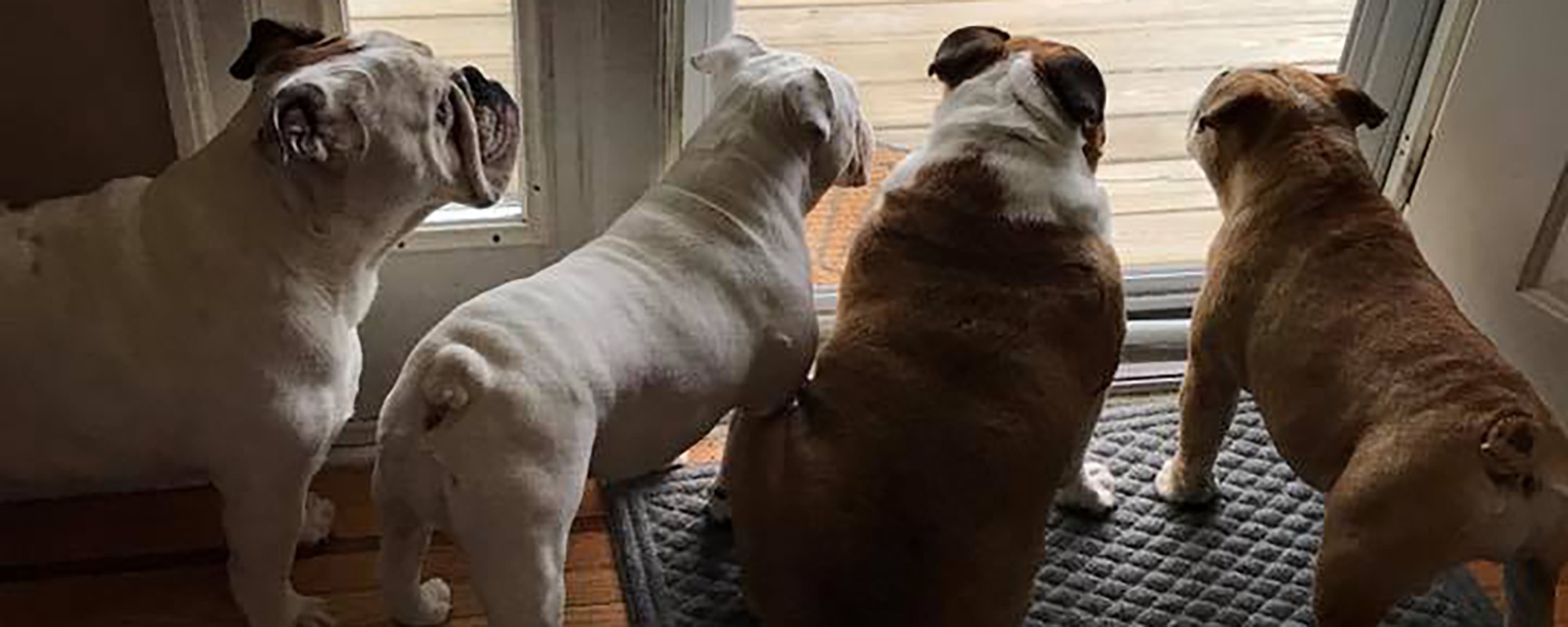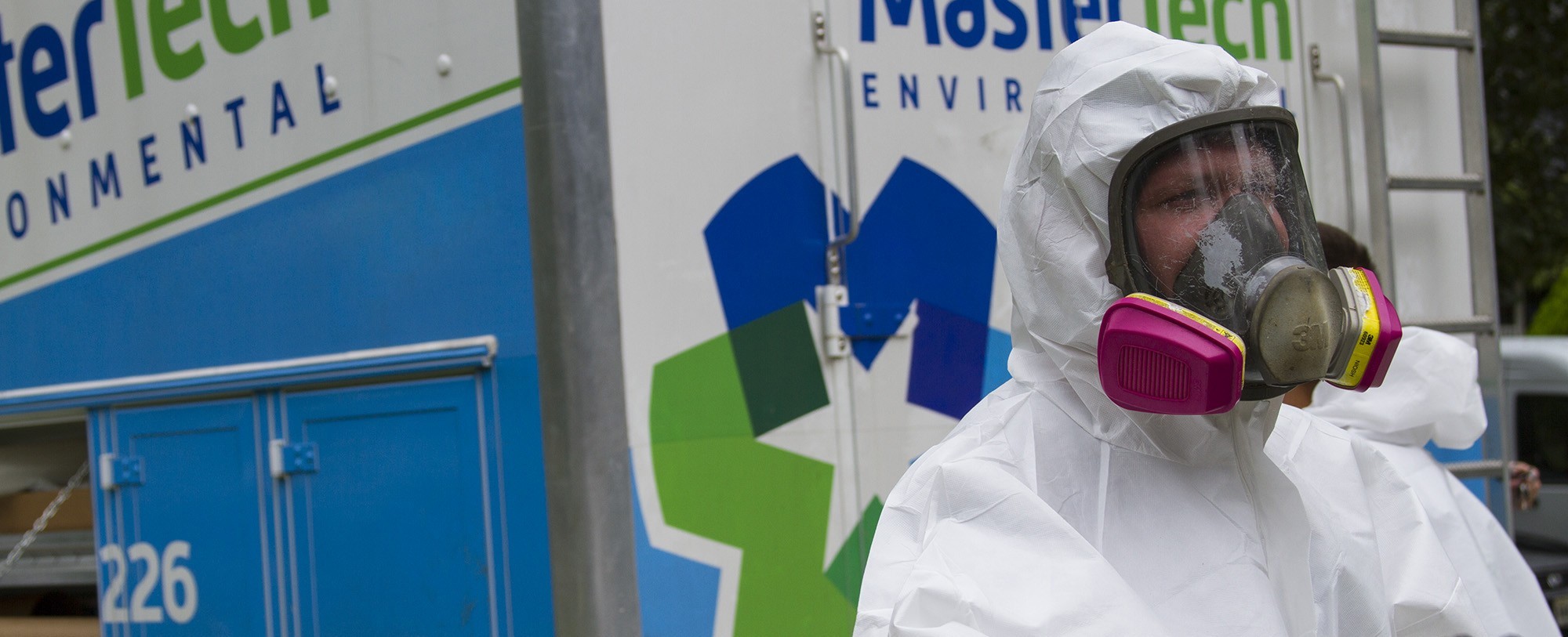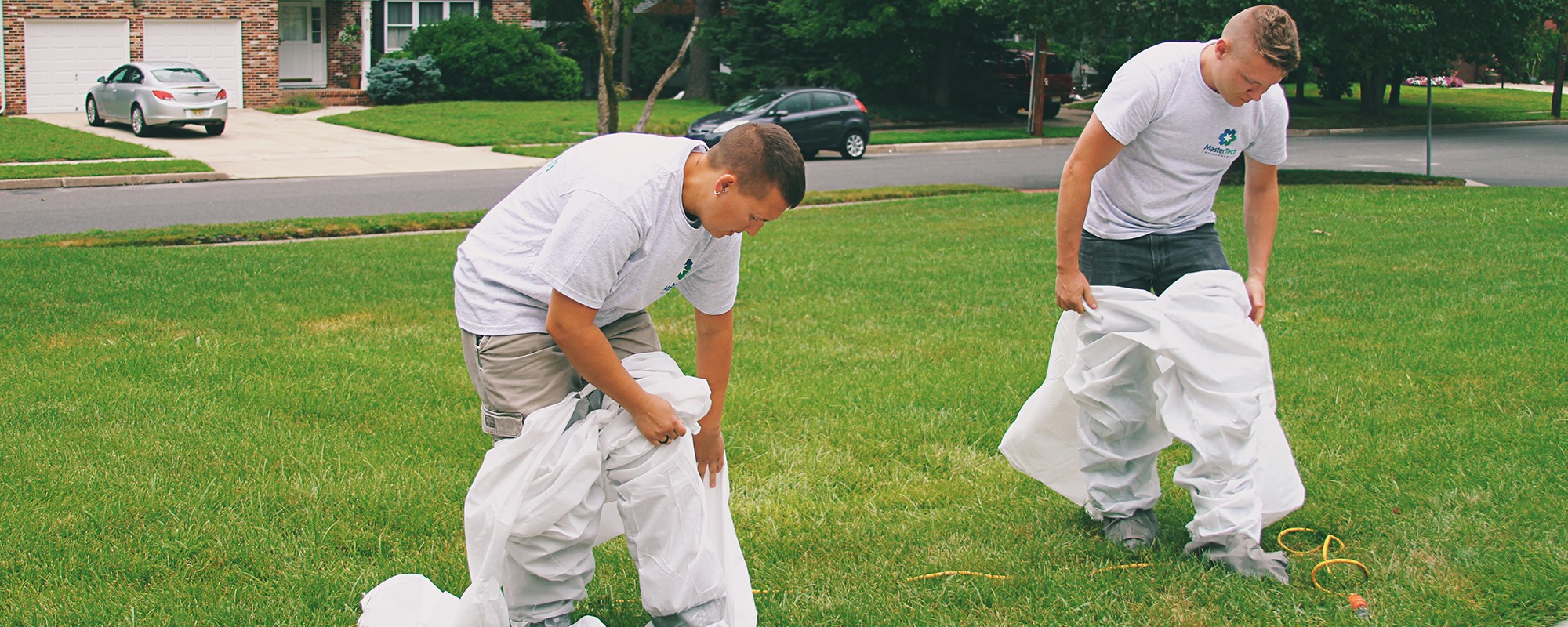What is Animal Hoarding?
Hoarding is characterized by the compulsion to acquire objects in excess and the extreme resistance to discarding any of the objects due to a perceived need to save them. What sets a hoarding situation apart from collection or clutter is the impact that the accumulated objects have on the hoarder’s day-to-day function. In severe cases of hoarding, the hoarder’s compulsion is associated with health risks, impaired functioning, economic burden, and adverse effects on friends and family members.
Animal hoarding is a type of hoarding where the hoarder’s compulsion is primarily with animals. While animal hoarders will likely hoard objects as well, keeping an abnormally large number animals in the home while not providing the proper care is the primary concern. The most important, defining characteristic of an animal hoarder is the hoarder’s insistence on keeping the animals despite the inability to properly house them or provide them with basic care. Often times, the hoarder’s distorted perception does not allow him/her to see the reality of the animal’s suffering.
Animal hoarding is a serious issue that is unhealthy and dangerous for occupants of the space as well as the animals themselves. In cases of animal hoarding, the combination of feces, urine and unsanitary filth create biohazards that put the health of all living things in that space at risk.
It is important to keep in mind that animal hoarding is not just about the numbers. The key indicator of an animal hoarding situation is the failure to provide minimal standards of nutrition, sanitation, and veterinary care for the number of animals present. For example, your neighbor may has 20 cats, but he takes each one to the veterinarian regularly, provides them will a clean living space, feeds them as recommended and provides them with adequate care without compromising his daily functioning, he is technically not an animal hoarder. He just loves cats, and might be a little quirky.
Dangers of Animal Hoarding in South Jersey
Animal hoarding, like any hoarding, presents countless risks and dangers to animals and humans alike. Often times, the hoarder has the best intentions and genuinely love the hoarded animals; however, the hoarder’s distorted perception diminishes the ability to see the reality of the harmful situation. Such a large population of animals confined to an unhealthy environment without the necessary care or attention can be very dangerous.
Animal Suffering:
Animals, of a hoarder, suffer greatly when large numbers of pets are kept in a space inadequate for them to thrive and live healthily. Hoarders often fail to provide basic care for their animals, thus resulting in disease and often death. Issues like malnourished, overcrowding and owner neglect can mean various health complications for the animals. Furthermore, animals of a hoarding situation often suffer lasting consequences post-rescue. The physical effects and psychological effects of a hoarding environment can follow an animal for years to come, and may render them unsuitable for adoption.
Sanitation Issues:
Animal hoarding can cause health risks for all people involved. The home of an animal hoarder is often contaminated with feces, urine, bodily fluids and various other biohazards. Sanitation issues associated with the contaminated space can be hazardous to the hoarder and any occupants of the space. Animal waste can carry dangerous bacteria that can be life-threatening to humans. Homes that have been heavily contaminated with animal waste or bodily fluid need to be cleaned by a trained biohazard cleanup professional in New Jersey.
Zoonotic Diseases:
These are diseases that normally exist in animals but can infect humans as well– i.e.: rabies, toxoplasmosis, bubonic plague, etc. With such a large group of animals who have not received proper medical treatment, there is a great likelihood of the hoarded animals contracting such diseases. In such an unsanitary environment of potentially contaminated feces and urine, zoonotic diseases can easily transmit from animal to any person who spends time in the space.
The spread of such diseases can potentially create an epidemic in the community. Therefore, animal hoarding is potentially a matter of public safety.
Self-Neglect & Subsequent Abuse:
Surrounded by deteriorating conditions, hoarders often lead lifestyles that match such living conditions. Animal hoarders often have a difficult time managing a lifestyle that meets basic necessities. Unfortunately, if there are individuals who are dependent on the hoarder, likely an elder relative or children who cannot support themselves, they will suffer as well. Like with the hoarded animals, the hoarder often fails to provide adequate care and inevitably forces them to live in an unhealthy environment.
Professional Animal Hoarding Cleaning Service New Jersey
Animal hoarding is a serious issue that is unhealthy and dangerous for occupants of the space as well as the animals themselves. In cases of animal hoarding, the combination of feces, urine and unsanitary filth create biohazards that put the health of all living things in that space at risk. The home of an animal hoarder often needs to be cleaned out by a professionally trained team of biohazard cleanup technicians who will have the necessary equipment and personal protection to safely and effectively handle the cleanup.
Whether you are helping a loved one with an animal hoarding or if you are coming to terms with your own compulsion, cleanup can be hazardous on your own. Cleanup of such sensitive contamination requires specialized training, equipment, person protection and specific cleaning and disposal methods. Professional hoarding cleanup technicians in South Jersey have the necessary training to handle animal hoarding cleanups of any size. Cleanup of biohazards, like animal feces and bodily fluids, must be done according to specialized cleaning and disposal procedures, and technicians must adhere to strict safety protocols. This ensures the safety of all parties involved.





